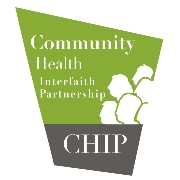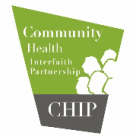
· Engage the faith community in advocacy for and ministry to those with mental and/or addictive illnesses.
· Equip pastors and other faith leaders to minister to those with mental and addictive illnesses by creating a comprehensive and effective “toolkit.”
· Provide information to CHIP service providers which will enhance delivery of the services they provide (e.g., the integration of behavioral health and primary care services).
· Increase public awareness of volunteer organizations that promote recovery.
· Identify and replicate effective programs currently operating within faith-based and community organizations.
· Participate with the Substance Abuse and Mental Health Services Administration (SAMHSA) in creating an analysis of community needs and assets.
· Participate with federal, state and municipal agencies in creating a network of providers and advocates.
· Equip pastors and other faith leaders to minister to those with mental and addictive illnesses by creating a comprehensive and effective “toolkit.”
· Provide information to CHIP service providers which will enhance delivery of the services they provide (e.g., the integration of behavioral health and primary care services).
· Increase public awareness of volunteer organizations that promote recovery.
· Identify and replicate effective programs currently operating within faith-based and community organizations.
· Participate with the Substance Abuse and Mental Health Services Administration (SAMHSA) in creating an analysis of community needs and assets.
· Participate with federal, state and municipal agencies in creating a network of providers and advocates.

